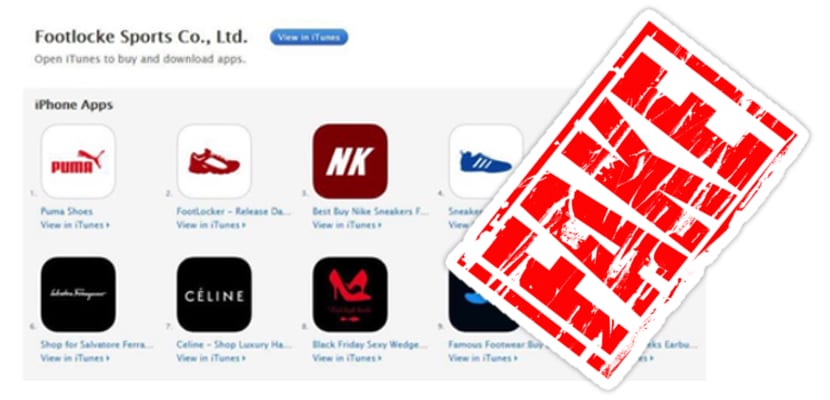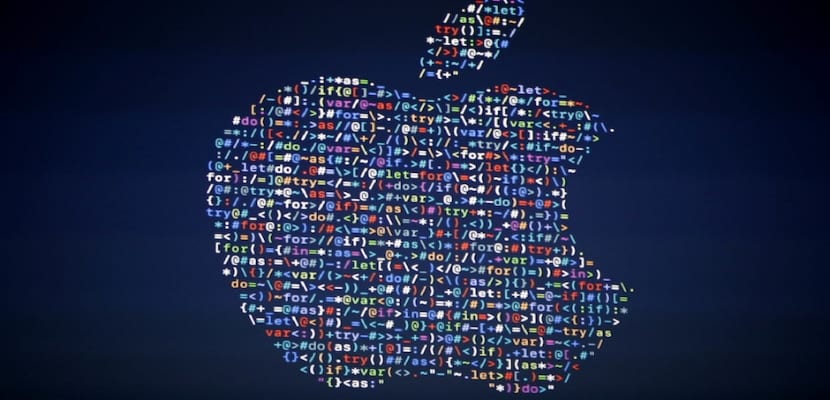
Fake apps, which promise content or pose as a company they are not part of, are unfortunately increasingly common on the iOS App Store. These types of applications that found their main territory in the Android Google Play Store, but have chosen to silently expand through the iOS App Store, often escape the control of Apple, causing theft of financial and personal data on a large scale. , producing irreparable damage to the customers who used them. Thus, Apple is planning a "purge" to quickly get rid of these types of applications before the Christmas shopping period.
These applications come mainly from Chinese developers, who are responsible for developing them in an unprofessional and fast way, in order to get the maximum amount of data in the shortest possible time. An The New York Times has brought to light apps supposedly from Puma, Nike, Celine and other brands, under a developer named Footlocke Sports Co. which is obviously not FootLocker, but a name that they wanted to use quite similar, with content focused on sports shoes in order to confuse the clientele and evoke the download of the application and purchase of shoes through the application, with the consequent theft of data.
The problem arises with the review of the applications, and is that Apple focuses more than anything on the security of the device in question, however, they do not stop to determine on many occasions if the application is created with total malice, with the sole intention of obtaining information through other channels, they also use modified versions of Xcode so that the software is as familiar as possible to Apple engineers and thus bypass the maximum possible number of security controls in the iOS App Store.
Chinese app factories

In China, not only terminals as diverse as an iPhone and a Doogee are manufactured, in fact, in China practically everything is manufactured, both the best and the worst. What you may not have imagined is that software is also manufactured. That's right, in China you find companies like the one unmasked by The New York Times call Cloaker Apps, who are dedicated to the mass development of applications by conducting the minimum questionnaire to customers, if you pay them, they will do what you ask and how you asks. This company can make "Fake" applications in rather poor English (poorly translated), for around $ 3.000, which is very little money considering the development behind applications from big brands, for that price you can only expect the worst of the worst.
We hope that our clients are the official sellers. We use their brands, so we need some kind of authorization - said Jack Lin, CEO of Cloaker, to The New York Times.
However, the reality is that they do not. Cloaker's latest "masterpiece" has been the company's app Dollar Tree, the problem is that Dollar Tree does not have an official application, White and bottled…
Apple is already working on purging these apps

The ban is open for phonies, Apple's engineering team has already got to work and plans to do a major cleanup of this type of misleading content. Especially because Apple has started with a project to evaluate the quality of the applications, something that he commented to the developers through the relevant channels during the month of September.
In this way, Apple intends to combat false scores in the App Store, as well as to get rid of applications that are not made for 64-bit processors and that are not updated to at least the last two versions of the operating system of the Cupertino company, Since in this way, applications of dubious quality, such as those that cause data theft, will gradually disappear from the iOS App Store by not meeting quality standards.